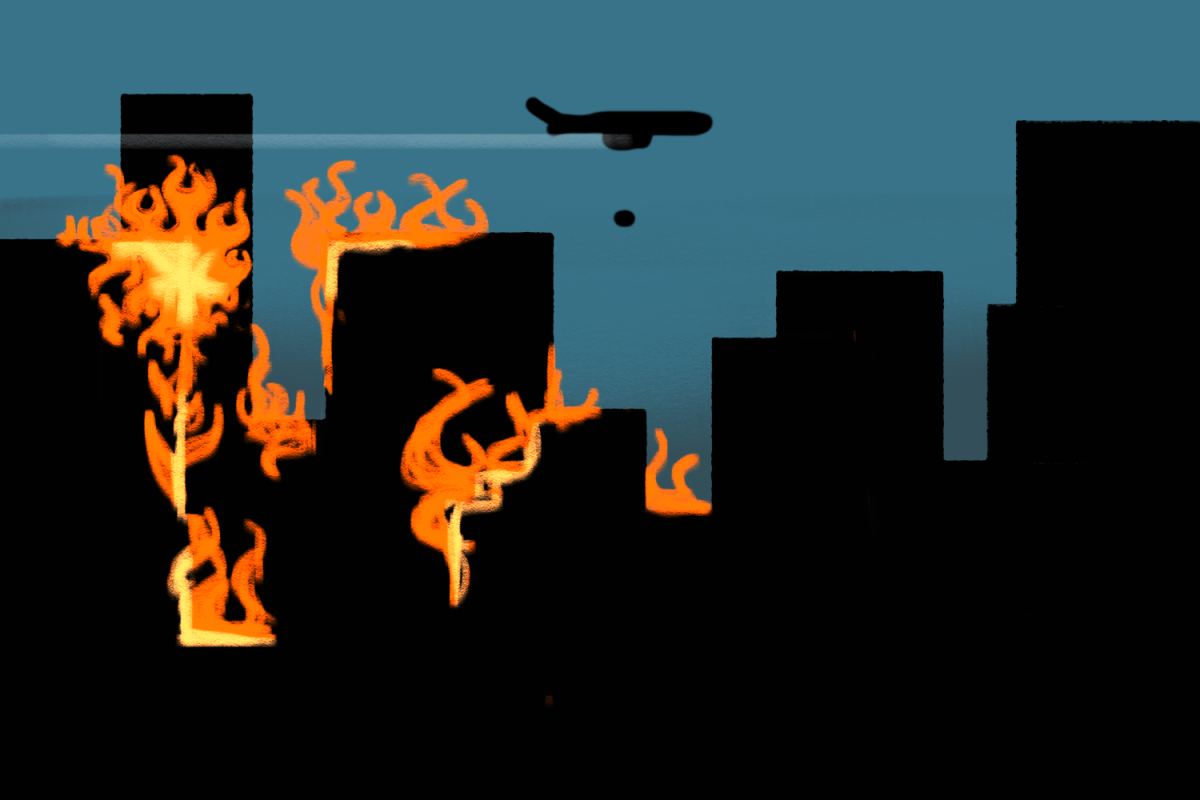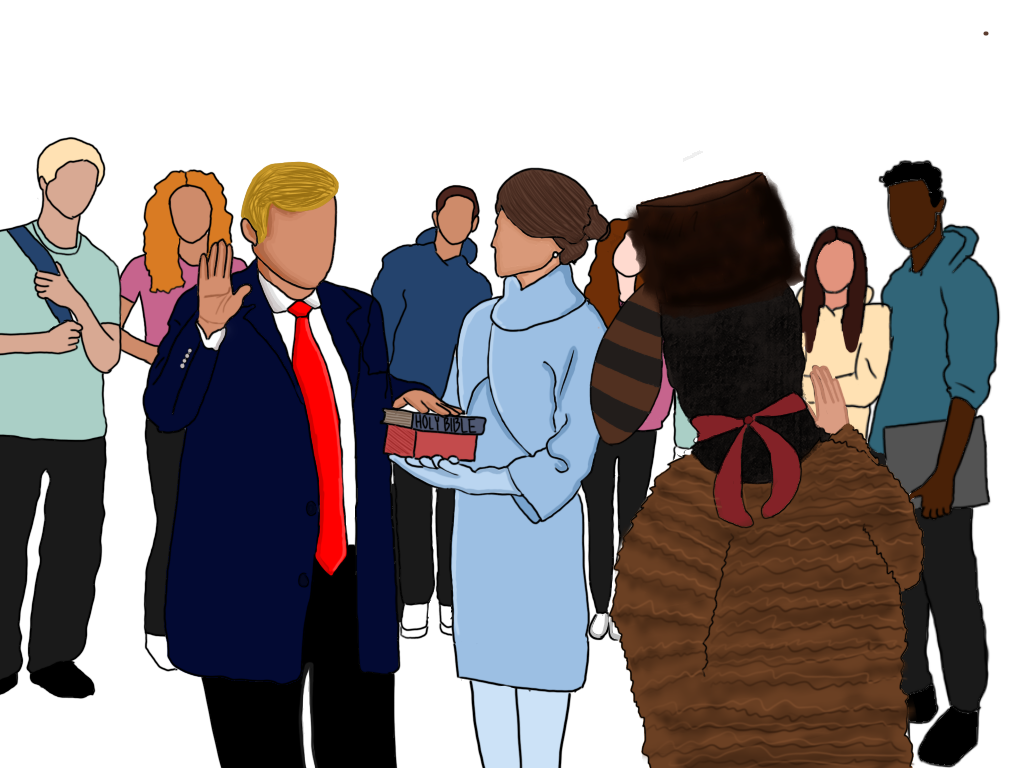After Israel declared war on Hamas, President Joe Biden made a clear stance on where the U.S. stands. Hamas is an Islamic militant movement and one of the Palestinian territories’ two major political parties. It is designated a terrorist organization by the U.S. Biden said that the U.S. would “stand with Israel” and provide whatever assistance it needed, according to bbc.com.
In a briefing on Oct. 9th, Biden said at least 14 Americans had been killed in the attacks and many others had been taken hostage. A national security spokesman said at least 20 US. citizens were missing. The US is sharing intelligence with Israel, and has deployed experts to “advise Israeli counterparts on hostage recovery efforts.” Ty Wilson, junior, said many of his friends who are Palestinian refugees fled to Jordan and are now in the U.S.
“I’m pretty familiar with [the conflict] because of what I’ve heard from [my friends,] as well as what I’ve seen on TV, but I don’t really trust the news as much as I used to,” Wilson said. “I think the U.S. needs to stay out [of the conflict]. I believe the U.S. has completely screwed up the Middle East from WWI onwards, so I feel like there’s really no reason to believe the U.S. is doing the right thing.”
Muhammad Ishtawi, a junior at Bayless High School, is a Palestinian American student who has been staying updated on the situation and America’s involvement through the news, articles and social media. Muhammad said he is deeply disappointed to see propaganda being pushed into the media and to witness things being covered up on both sides of the war.
“I think my feelings on this are influenced by my Palestinian background, because I am able to see a different side than other people are seeing,” Ishtawi said. “I’ve witnessed [through] family, people that have lost land in Gaza and the West Bank since this war started.”
Ishtawi has heard the topic everywhere in his community lately. He said he hears it discussed in his school community, religious community, and Palestinian community. The U.S. has provided over $50 billion in military and economic aid to Israel since 1949, according to merip.org.
“I think our military involvement will only lead to more problems with other countries,” Ishtawi said. “I don’t think the U.S. should have gotten involved in this manner, but now I think the U.S. is too involved and it’s too late to turn back.”
Christine Schwalb, KHS social studies teacher, has heard the topic being discussed from her social studies colleagues to the dinner table at home. Schwalb said that the conflict becoming a wider situation is a real possibility.
“There’s a lot of different factors at play when you think about the Middle East,” Schwalb said. “In terms of countries like Iran, who have in the past supported different terrorist groups with their own kind of agenda, that can obviously create a wider conflict. A lot of different foreign policy analysts are talking about the potential for this to be a moment to create a wider scale of conflict in the Middle East, and that could be what pulls the United States in.”
Schwalb explained that this is a topic for teenagers to be aware of, just like any other current event. Schwalb said she believes that having historical context for hard news helps you better understand what is happening, whether it’s in the Middle East or elsewhere.
“There are at any given day political conflicts and wars, and all that happening throughout the world,” Schwalb said. “I think having historical context for all those things will help you feel better informed about what America’s role should be and just your sense of what’s happening.”










